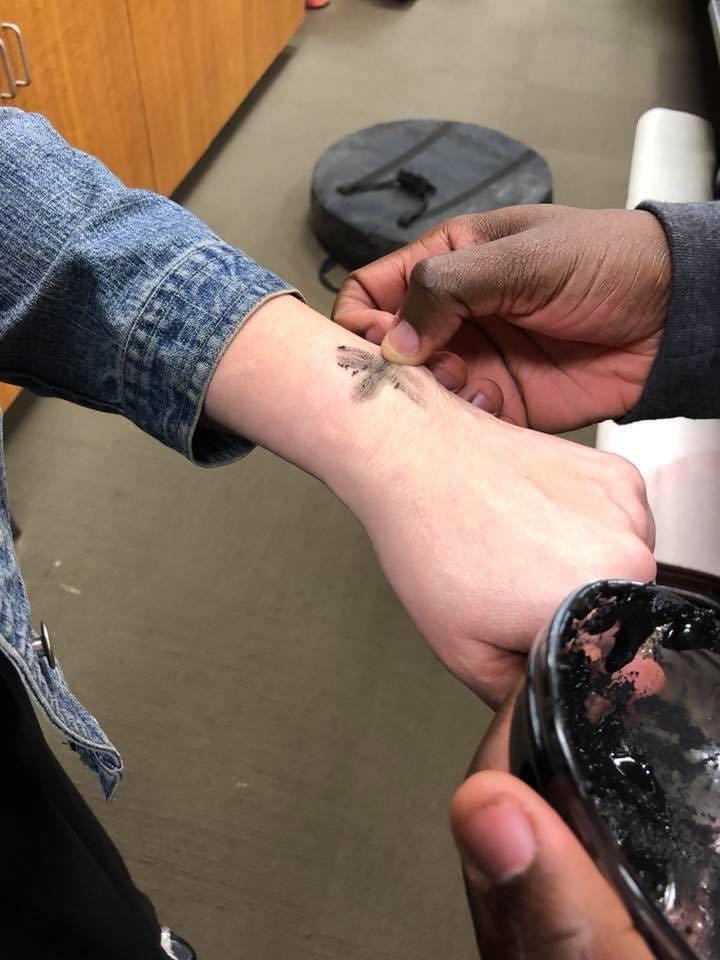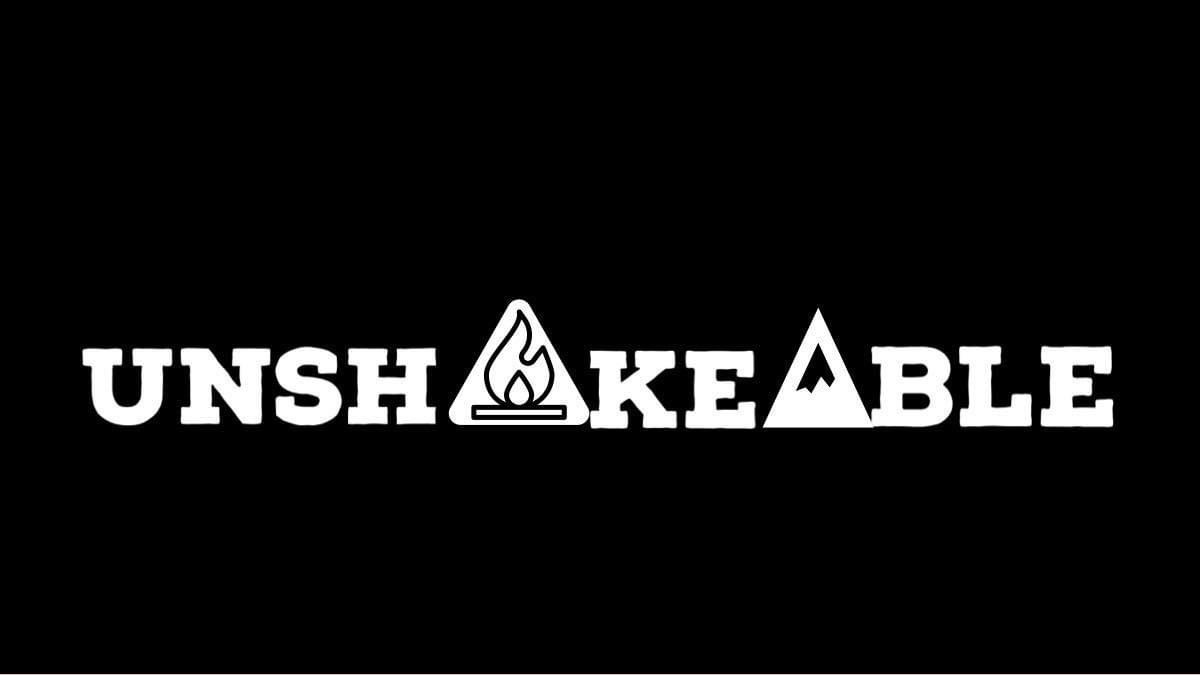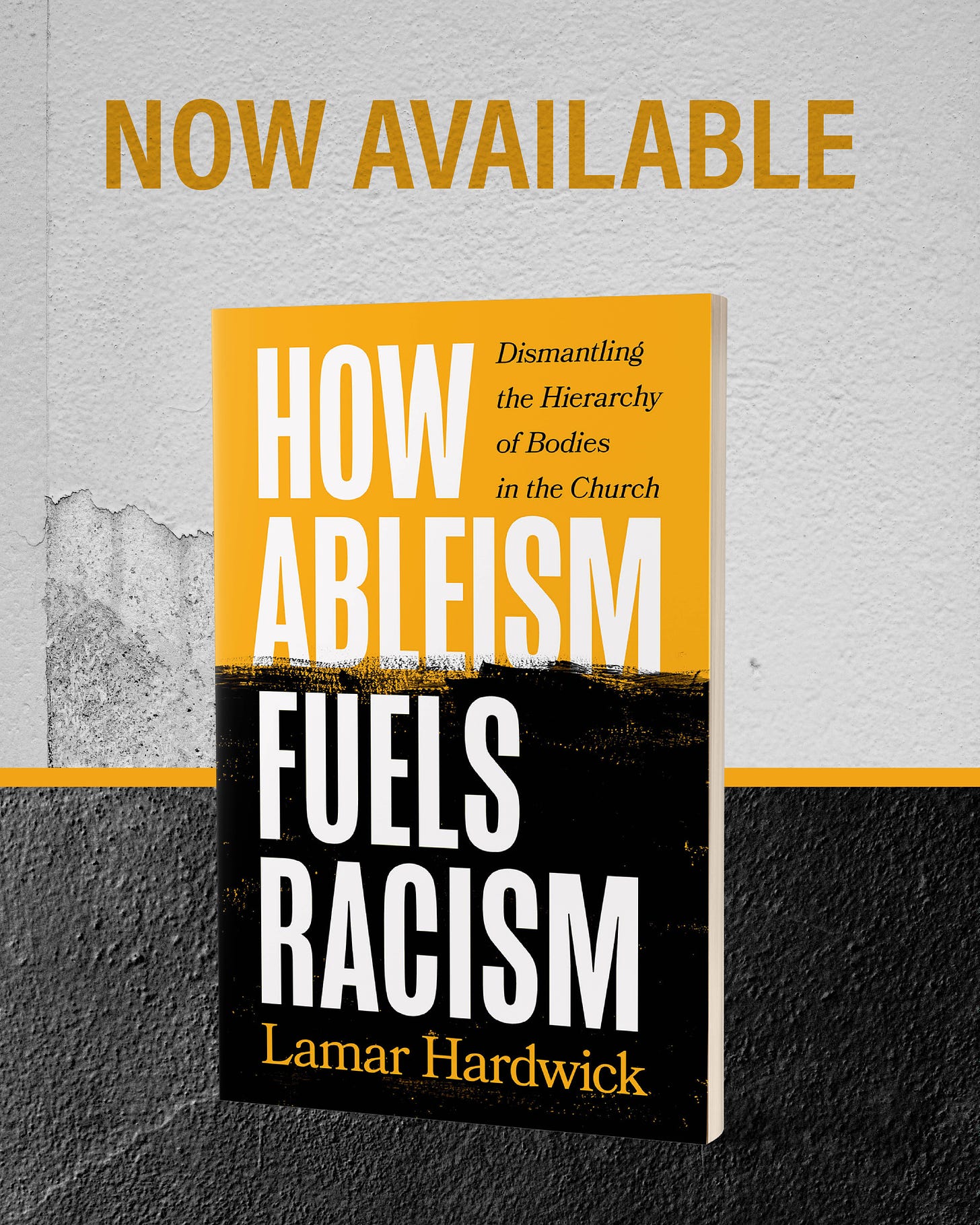“You have dirt on your forehead.”
If you’re like me, you didn’t grow up participating in Ash Wednesday services. In fact, the very first time I had even heard of Ash Wednesday was while I was in college, and I saw a fellow student walking around with dirt on his forehead. “Hey, you have dirt on your forehead,” I said.
He looked at me like I had three eyes and replied, “I know it’s Ash Wednesday.”
Until I became a pastor, I had no real knowledge or desire to participate in the ritual that is Ash Wednesday. I’ve spent the last 10-plus years learning to appreciate the real meaning behind the ritual of placing ashes on one’s forehead.
According to Christianity.com:
Each year, Ash Wednesday marks the beginning of Lent and is always 46 days before Easter Sunday. Lent is a 40-day season (not counting Sundays) marked by repentance, fasting, reflection, and ultimately celebration. The 40-day period represents Christ’s time of temptation in the wilderness, where he fasted and where Satan tempted him. Lent asks believers to set aside a time each year for similar fasting, marking an intentional season of focus on Christ’s life, ministry, sacrifice, and resurrection. (Givens, 2023)
Placing ashes on our heads each year as we begin the journey toward Easter Sunday is a way to remind us of our mortality. It is a way of rehearsing the creation narrative in Genesis that informs humanity of its humble origin. We are dust and we will return to dust.
The dirge to dust
One of my favorite stories in the Bible is the story of Jacob’s now infamous wrestling match with some sort of divine being that we believe to have been God. What’s interesting about this wrestling match is that the word used to describe the confrontation literally means “grind into dust.”
At the conclusion of the encounter, Jacob limps away slowly having had his hip “touched” by God, which rendered Jacob at least temporarily if not permanently disabled. A once proud and fiercely independent Jacob had finally met his match. He entered a match and left with a mark. A mark that defined his utter dependence on God.
I have always been keenly aware of my disability, although being autistic isn’t nearly as disabling as the ways in which society views disabled people. Yet in still, the last three years of my ongoing battle with cancer have helped me to understand disability from a much broader perspective. Both cancer and the treatment for cancer have rendered my body disabled in many ways. I am still very much in the heat of this battle and my body continues to be impacted.
Like Jacob, I have had my moments of wrestling with God. We have gone back and forth. Sometimes I feel like I have the upper hand, and then other times it feels like God is winning the wrestling match.
After nearly three years of wrestling, I’ve learned to appreciate this day, Ash Wednesday with even greater reverence because like Jacob I have been in a match and I have been left with some marks.
When it comes down to it, I believe that the ritual of placing ashes on our heads is necessary for helping to guide our footsteps toward a journey of repentance. Like Jacob, we all need to be ground into dust from time to time to remind us of our greatest sin. We have, especially in the West, an insatiable desire for complete and total independence. We want authority over our lives and autonomy from God and others. Our churches preach messages about how to be leaders and businesspeople and how to become rich and how to grow your own personal empire because we want to ascend to what we believe to be the highest form of faith. Rugged independence.
But independence is not the apex of the human experience. The apex of humanity is humility, and the apex of humility is the uncoerced willingness to embrace our mortality. To embrace the eternal reality that we are utterly dependent on God and each other. This is why disability scares so many people. We don’t want to be dependent.
But what if the dust and disability are both ways to remind us that God did not create us to be independent but to be dependent on him, on each other, and on the world, he created for us?
For many of us the most vulnerable, most surrendered, and the most dependent we have ever been was when we were but dust being developed in the hands of a divine deity. For that, we must repent.
So as we begin the Lenten journey today. Mark your heads with dust and be reminded of our utter and complete dependence on God whether your wrestling has been with a mental health issue, a developmental disability, or a physical disability, remember that Jacob’s journey to the dust and to his disability ended with him declaring “I have seen God face to face, yet my life has been spared.”
References
Givens, K. (2023, January 11). What Is Ash Wednesday? 2023 Guide for Christians Celebrating. Christianity.com. https://www.christianity.com/wiki/holidays/what-is-ash-wednesday-why-do-christians-celebrate-it.html
Be sure to get your Unshakeable apparel at WAS WEAR!






